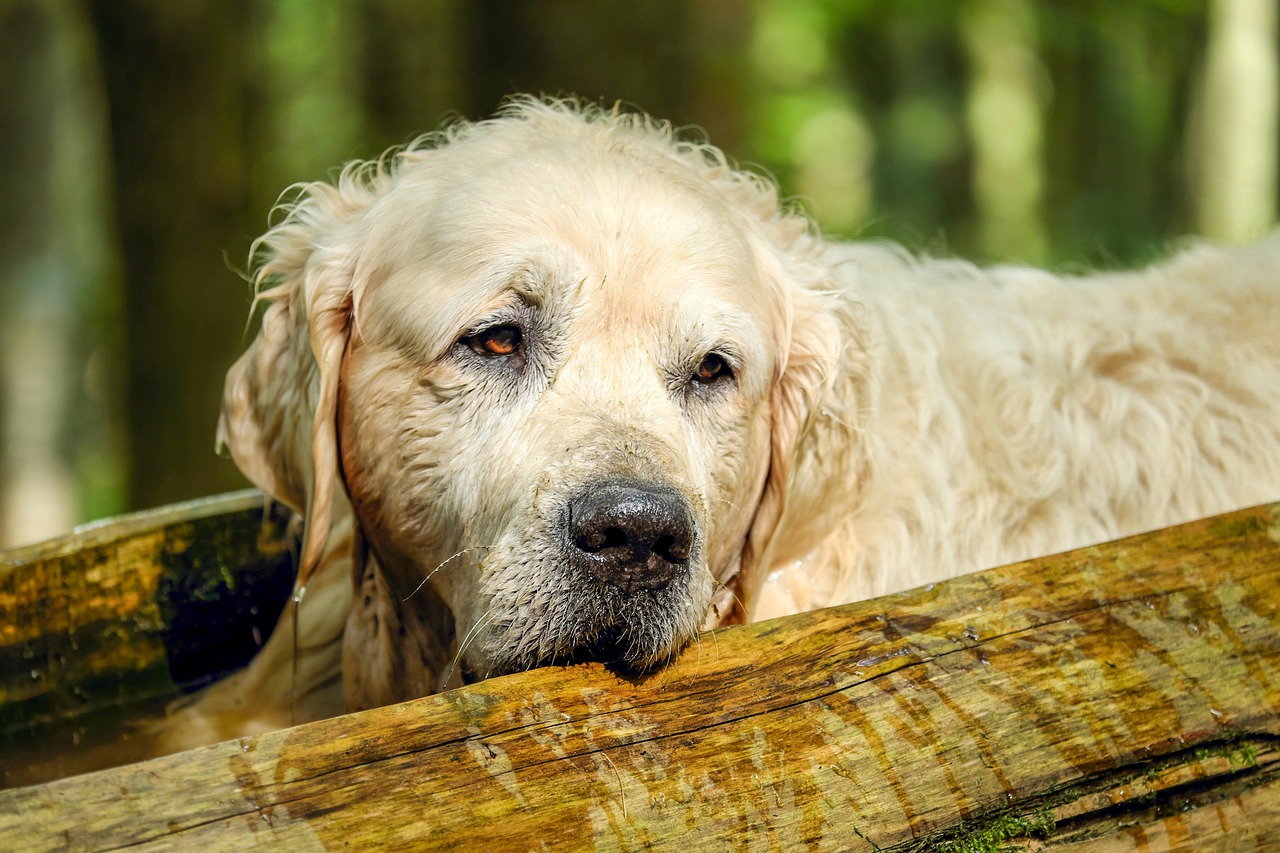As our beloved pets gracefully age, their needs evolve, requiring a thoughtful and tailored approach to ensure their health and happiness. In this comprehensive guide, we will explore the nuances of senior pet care and considerations, emphasizing the importance of proactive measures to promote optimal pet health and overall well-being. From nutrition and exercise to veterinary care and emotional support, every aspect of senior pet care plays a crucial role in providing a fulfilling and comfortable life for our aging companions.
Understanding the Aging Process
Just like humans, pets undergo physical and behavioral changes as they age. These changes are influenced by factors such as breed, size, genetics, and overall health. Recognizing the signs of aging is the first step in providing targeted care for senior pets.
- Physical Changes: As pets age, they may experience a decline in muscle mass, joint flexibility, and sensory functions. Common physical changes include arthritis, reduced activity levels, and potential weight gain.
- Behavioral Changes: Senior pets might exhibit alterations in behavior, such as increased sleep, reduced playfulness, or changes in interaction with family members. Cognitive decline, hearing loss, and vision impairments can also occur.
Nutrition for Senior Pets
- Specialized Diets: Senior pets often benefit from diets tailored to their specific needs. Specialized senior pet foods address issues like joint health, weight management, and digestive support.
- Hydration: Aging pets may be prone to dehydration, making access to fresh water crucial. Wet food or adding water to dry kibble can contribute to their overall hydration.
- Weight Management: Maintaining an optimal weight is essential for senior pet health. Obesity exacerbates conditions like arthritis, while being underweight can lead to weakness and susceptibility to illness.
Veterinary Care for Senior Pets
- Regular Check-ups: Consistent veterinary check-ups are fundamental to senior pet care. These visits allow early detection and management of age-related health issues.
- Dental Health: Dental problems are common in aging pets. Regular dental check-ups and cleanings help prevent dental issues that can impact overall pet health.
- Vaccinations and Preventive Care: Senior pets still require vaccinations and preventive care. Vaccines, parasite control, and heartworm prevention remain vital components of senior pet health.
Physical Exercise and Mental Stimulation
- Low-Impact Exercise: Tailoring exercise routines to suit a senior pet’s physical abilities is crucial. Low-impact activities like gentle walks and swimming can help maintain joint health.
- Mental Enrichment: Providing mental stimulation is as important as physical exercise. Puzzle toys, interactive games, and gentle training sessions keep senior pets mentally engaged.
Environmental Considerations
- Comfortable Sleeping Areas: Providing comfortable and easily accessible sleeping areas is essential for senior pets. Orthopedic beds can alleviate joint pain and provide support.
- Temperature Control: Senior pets may be more sensitive to temperature extremes. Ensure their living environment remains comfortably warm or cool, depending on the weather.
Emotional Support and Bonding
- Quality Time: Spending quality time with senior pets strengthens the bond and provides emotional support. Gentle grooming, massages, and simply being present contribute to their well-being.
- Routine and Consistency: Maintaining a consistent routine provides a sense of security for senior pets. Regular feeding times, walks, and play sessions offer predictability and comfort.
Coping with End-of-Life Decisions
- Open Communication with Veterinarian: Engage in open and honest communication with your veterinarian regarding your pet’s quality of life. They can provide guidance on making end-of-life decisions.
- Palliative Care: Palliative care focuses on enhancing the quality of life for pets with chronic or terminal illnesses. It may involve pain management, emotional support, and maintaining comfort.
Financial Planning for Senior Pet Care
- Pet Insurance: Consider investing in pet insurance, especially as your pet ages. It can help alleviate the financial burden of unexpected medical expenses.
- Budgeting for Care: Budgeting for routine veterinary visits, medications, and potential emergencies ensures that your senior pet receives the necessary care without compromising your financial stability.
In the golden years of our pets, compassionate and proactive care is the greatest gift we can offer. Prioritizing pet care and health considerations for senior animals involves a holistic approach, encompassing nutrition, veterinary care, environmental adjustments, emotional support, and financial planning. By understanding the unique needs of aging pets and adapting our care routines accordingly, we can ensure that our furry companions enjoy a comfortable, fulfilling, and dignified life throughout their senior years. As responsible pet owners, it is our privilege to reciprocate the unconditional love and companionship they have provided over the years by providing them with the best possible care in their twilight years.

